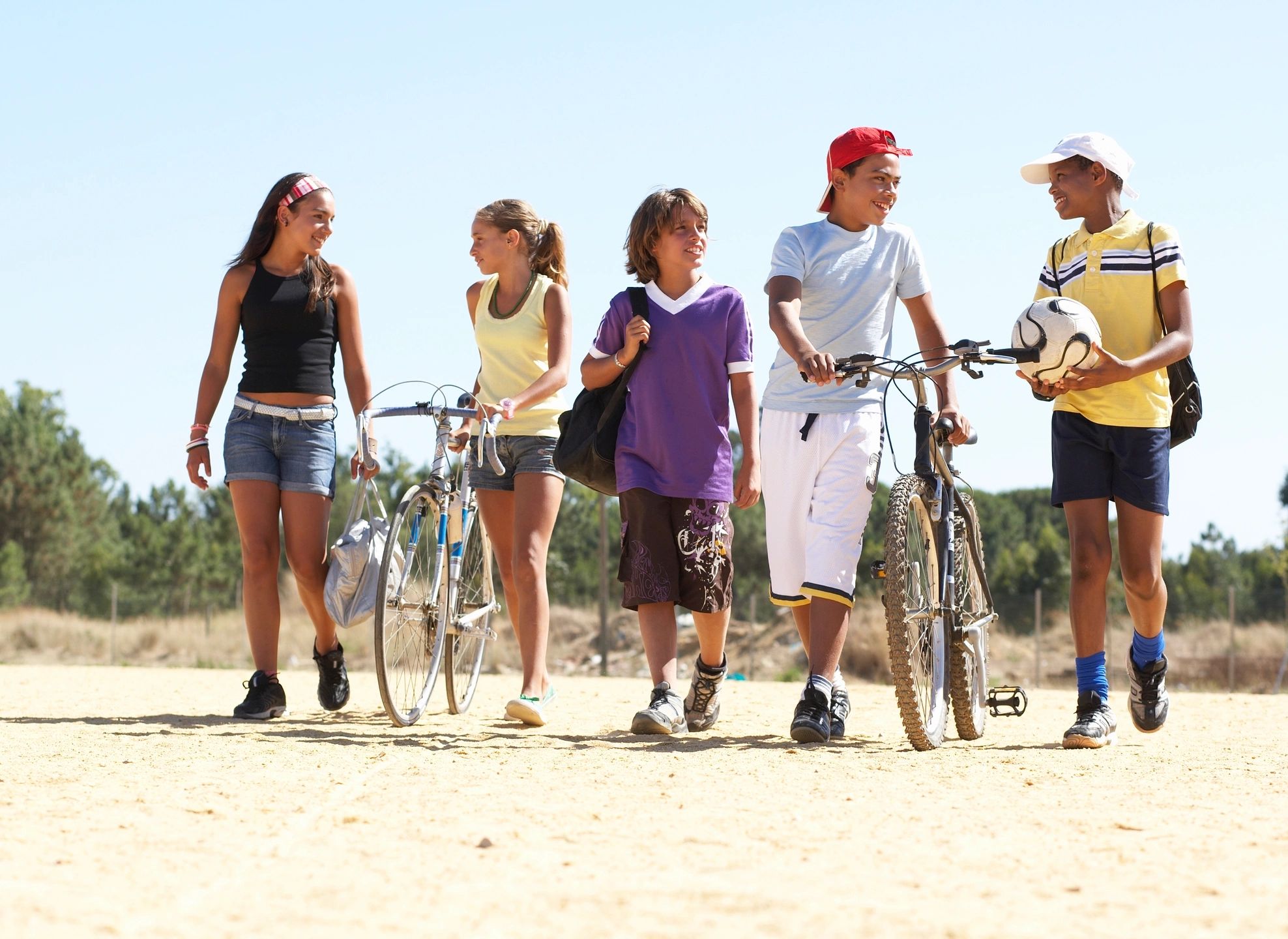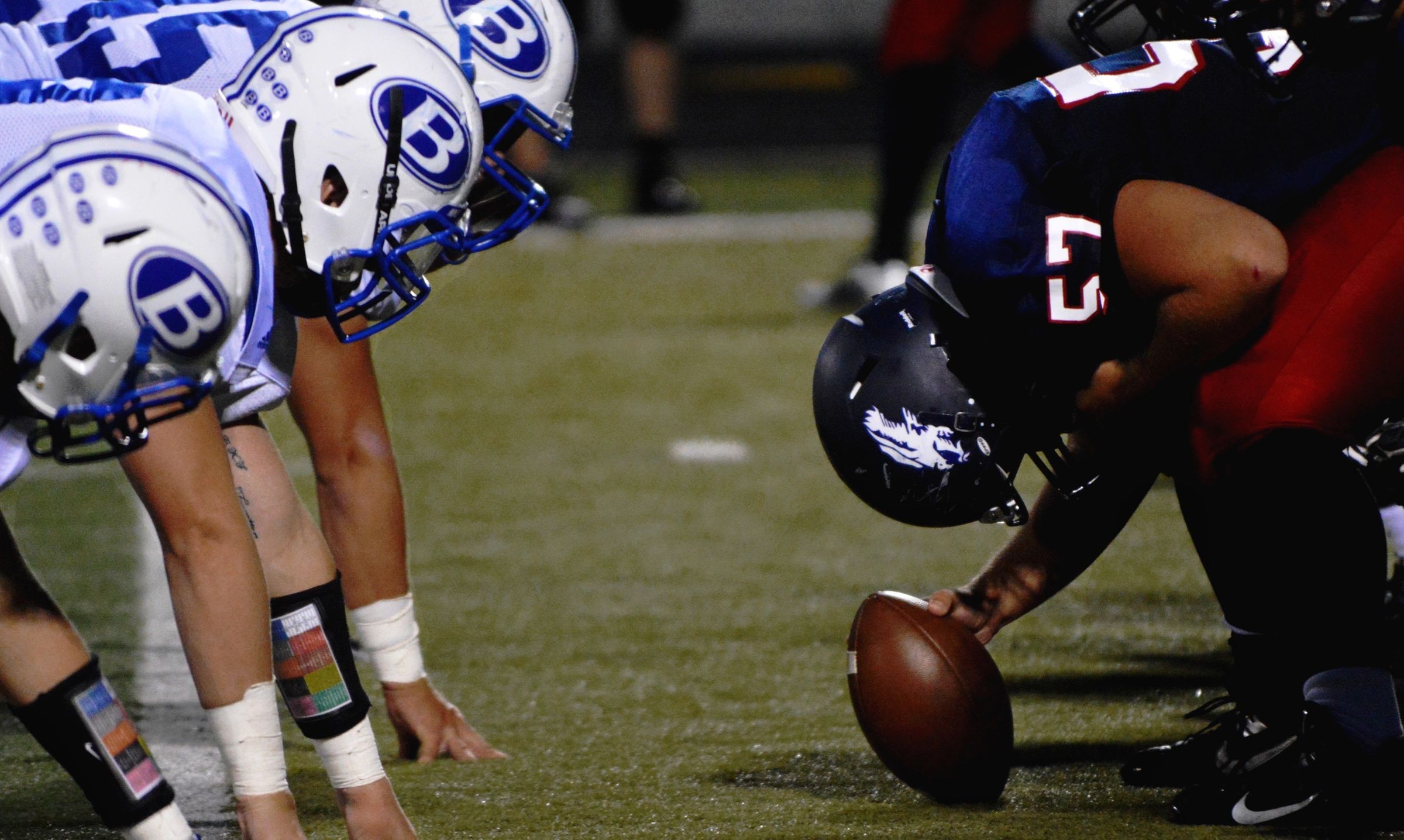Psychological Resilience as a Predictor of Symptom Severity in Adolescents With Poor Recovery Following Concussion. J Int Neuropsychol Soc. 2019
Psychological resilience plays an important role in recovery from concussion, and this relationship may be mediated by anxiety and depressive symptoms.






